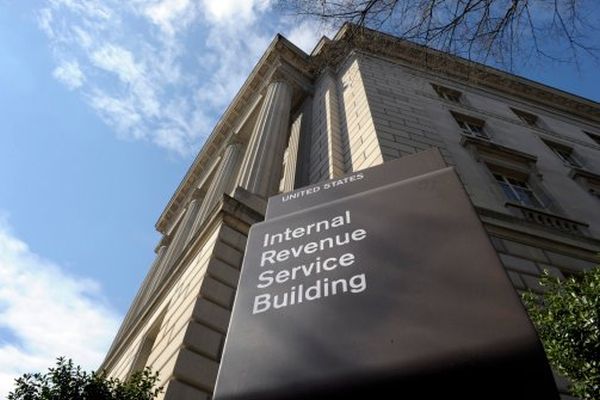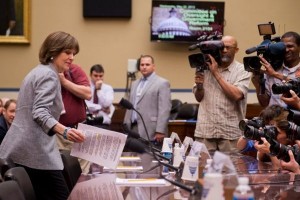IRS does have a history of controversies in the past but surprisingly not in the recent past. The reason this time IRS is in limelight is scrutinizing organizations with conservative names such as “tea party” and “patriot” to decide whether or not they should be exempted from tax. If we really ought to know what exactly happened in fast few years in this regard we’ll have to switch back in time to January 2010, when US Supreme Court gave The Citizens United ruling that allowed corporations and unions to spend money or fund political campaigns without the need of disclosing as to who donated how much.
The ruling gave momentum to the tea party movement early this decade with the number of applicants almost doubled in these years. Unfortunately, many of such groups are involved in lobbying and are highly political in nature, which brings to us the vital question as to such organizations should really be tax exempted irrespective of their public-benefit programmes. The answer may be yes as well as no, but the need of the hour is to clearly distinguish between the organizations that are involved in social welfare from the ones with the political bent of mind.
The other side of the coin is whether or not we can have organizations that have no political allegiances or the nature of unions or organizations is such that may not be able to do without political motives. If the answer is yes then the IRS decision to single out groups with the name “Tea Party” may be labeled as political. Unfortunately, what goes against IRS is its past in which Presidents of nation used it as a tool to intimidate the opposition. The practice is still prevalent in most of the countries, however, IRS did well in recent years working as a non-political agency for most of the times.
However, if IRS hand are tied up in deciding whom to scrutinize and whom not we may witness many more such groups feeding political agenda through loads of black money. In that case will we still blame IRS or rather amend the constitution to make things easy for IRS to decide as to whom to look for with suspicion. While many have started to raise their voice against Section 501(c)(4) and the need to do away with it, whether the government itself has the political will to do without it is a question mark itself.




